The Dead Internet Theory: Is Everything Online Just Fake?

The Dead Internet Theory is an unsettling internet conspiracy suggesting much of today’s web is powered by online bots and flooded with fake internet content. This post explores the claims, evidence, and implications of a theory reshaping how we view digital reality.
What Is the Dead Internet Theory?

The Dead Internet Theory suggests that most content online is no longer created by humans, but instead by algorithms and online bots. Supporters of this internet conspiracy believe that after a certain point, often cited around 2016 to 2017, this is when the internet became largely automated. Although the theory may seem far-fetched at first, it’s gaining traction. Why? Because many users report that the internet feels eerily repetitive, staged, or even empty. In addition, fake internet content has exploded, with AI-generated videos, articles, and comments now dominating many platforms. Furthermore, users struggle to find authentic human interactions online. Consequently, this theory raises critical questions about online authenticity. Therefore, understanding its premise is essential. Ultimately, the Dead Internet Theory challenges what we know and trust about our digital lives.
Origins and Rise of the Theory
The Dead Internet Theory first surfaced on fringe forums around 2020, but its roots stretch back earlier. Originally dismissed as an internet conspiracy, the idea gained popularity through message boards like 4chan and Reddit. Over time, more users noticed patterns that felt off: identical comments, generic replies, and the prevalence of online bots. As a result, people started to question if the web had become automated. Moreover, the rise of fake internet content, such as AI-written articles and deepfakes, fueled public suspicion. Additionally, algorithms started shaping what users saw, limiting exposure to genuine human input. As this happened, trust in online spaces began to erode. While skeptics still call the theory far-fetched, its rising visibility shows that many people resonate with its ideas. Thus, what began as paranoia now sparks widespread interest.
Core Claims and Beliefs Explained
At its core, the Dead Internet Theory claims that a majority of today’s internet activity is generated by online bots and AI systems, not humans. Believers argue that governments or powerful corporations may have orchestrated this shift as part of a hidden internet conspiracy to control public opinion. Notably, these bots flood forums, social media, and even news outlets with fake internet content. Furthermore, algorithms allegedly suppress real voices, making it harder to distinguish authentic interactions from artificial ones. As a result, users begin to feel disconnected, as if they’re shouting into the void. Moreover, the theory contends that once the web became monetized and weaponized, real human presence began to vanish. Overall, proponents of the Dead Internet Theory argue that we now inhabit a ghost town disguised as a thriving online community.
Who’s Really Online? Humans vs. Bots
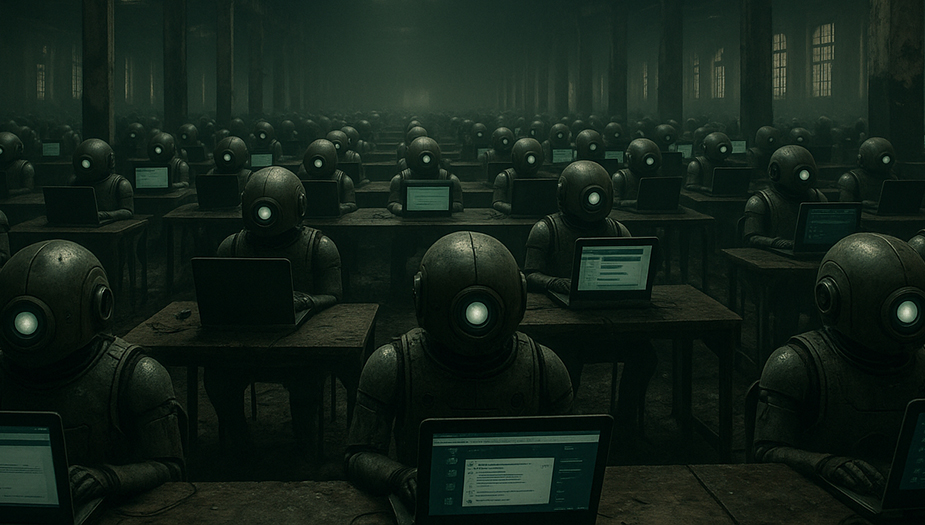
The Dead Internet Theory raises a haunting question: how many real people still use the internet? According to this internet conspiracy, vast portions of online activity come from online bots, not humans. Although many users scroll through comments and content daily, they might unknowingly interact with machine-generated posts. Furthermore, the surge of fake internet content has blurred the line between real and artificial engagement. Consequently, people feel disconnected and suspicious of even normal online behavior. Meanwhile, platforms quietly embrace automation to increase profit and control. As a result, users find themselves trapped in a web of illusion. Moreover, even social validation (likes, shares, and comments) may no longer come from actual people. Therefore, the theory challenges us to rethink every interaction. Ultimately, it forces us to ask: are we truly alone online?
The Growing Influence of AI-Generated Content
AI-generated media plays a massive role in supporting the Dead Internet Theory. In fact, it’s one of the strongest pillars of the entire internet conspiracy. Today, online bots and AI tools can create everything from blog posts and videos to news articles and product reviews. As a result, platforms flood with fake internet content, reducing human expression to a whisper in a sea of machine noise. Moreover, corporations deploy these technologies for efficiency, while users often mistake AI for actual people. Consequently, conversations lose their depth, becoming repetitive and hollow. Although AI promises innovation, it also fuels the theory that bots have taken over. Therefore, understanding this trend is crucial. In the end, as AI advances, we must ask whether we’re witnessing progress or just the disappearance of humanity online.
How Bots Are Dominating Online Engagement
According to the Dead Internet Theory, online bots now dominate the majority of digital engagement. Whether it’s likes, comments, shares, or even reviews, the theory claims that bots orchestrate it all. Additionally, this aligns closely with the broader internet conspiracy that argues real users are fading from the web. Instead of authentic interaction, the internet now hosts wave after wave of fake internet content. Platforms prioritize reach and revenue, often rewarding bot behavior over genuine human presence. Consequently, human voices get buried under algorithmic manipulation. Furthermore, companies use engagement metrics to shape what content gets seen, creating a loop of artificial validation. As a result, users engage with illusions, not people. While many dismiss this as paranoia, the rising use of bots proves otherwise. Ultimately, the numbers might not lie, but the bots certainly do.
Is the Internet Being Controlled?
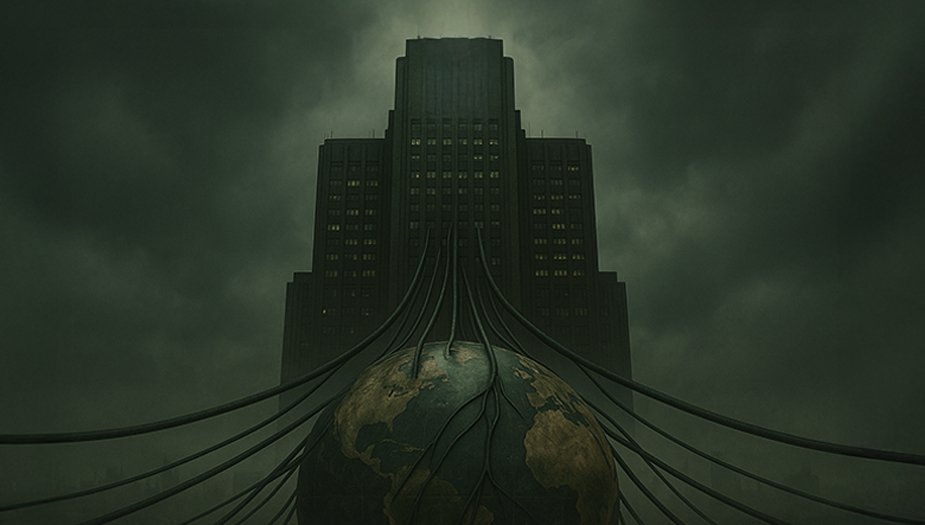
The Dead Internet Theory suggests that what we see online is not only artificial but also deliberately controlled. This idea forms the core of a growing internet conspiracy. Supporters believe that online bots serve more than just spam or automation roles. Instead, they may guide conversations, control narratives, and flood platforms with fake internet content. As a result, the internet appears active and diverse, while real voices vanish into the background. Furthermore, the theory argues that these tactics keep people passive and misinformed. This control, whether intentional or not, shapes digital spaces into echo chambers. Although it may sound extreme, mounting evidence of algorithmic interference gives weight to the theory. Therefore, understanding this control is essential for anyone navigating modern digital life. In the end, we must question who is really pulling the strings online.
The Role of Governments and Corporations
According to the Dead Internet Theory, both governments and corporations have strong incentives to control what people see online. This internet conspiracy claims that powerful entities use online bots and automated tools to influence public opinion, suppress dissent, and manufacture consent. In many cases, they flood platforms with fake internet content designed to distract or manipulate. Moreover, governments may fund covert operations that deploy bots in political discourse, while tech companies quietly profit from boosted engagement. As a result, online spaces no longer feel democratic or organic. Instead, they resemble managed environments built for control. Consequently, users unknowingly consume filtered information rather than diverse viewpoints. While critics argue this stretches reality, several whistleblowers and leaks suggest otherwise. Therefore, it is crucial to explore the motivations behind digital control and consider its implications for freedom of thought.
Algorithmic Manipulation of Online Reality
The Dead Internet Theory claims that algorithms have replaced human agency in shaping online experiences. This internet conspiracy centers on the belief that platforms no longer reflect real user input. Instead, algorithms amplify fake internet content and bury human voices beneath streams of online bots and repetitive noise. These systems decide what users see, hear, and believe. Consequently, people experience a version of reality designed to influence behavior, not reflect truth. Moreover, algorithmic feeds often reward polarizing or emotional content, further distorting perception. While this might benefit advertisers or political groups, it disconnects users from authentic interaction. Additionally, it becomes harder to distinguish real from fake when the system prioritizes engagement over truth. Therefore, we must examine how these algorithms operate and ask whether they serve the public or manipulate them. The answers may surprise you.
Is There Any Truth to the Theory?
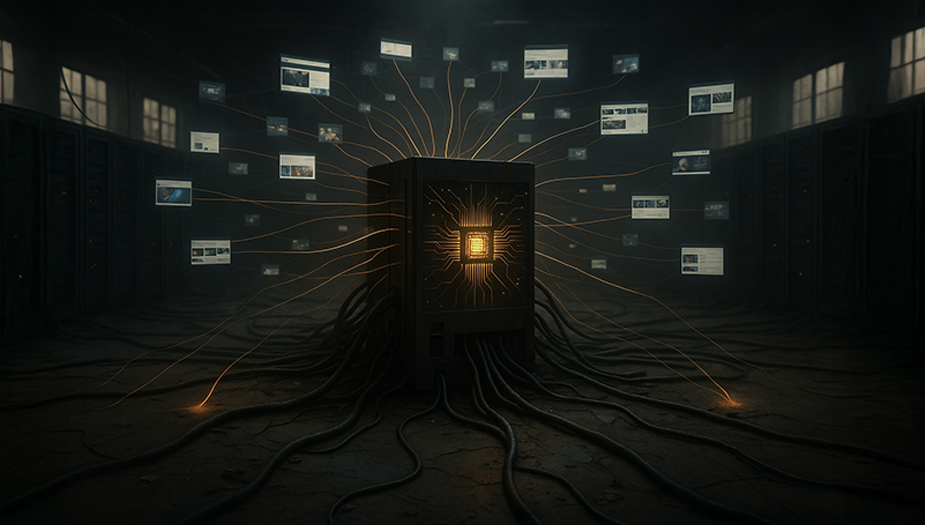
The Dead Internet Theory continues to gain attention, but does it hold any truth? Many believe it reveals hidden aspects of how digital life functions today. While some call it an exaggerated internet conspiracy, others argue that the growing presence of online bots and the spread of fake internet content are undeniable. Moreover, users often report interactions that feel repetitive, impersonal, or entirely fabricated. Because of this, the theory resonates with people who sense a shift in how the internet feels. Additionally, it forces us to question the authenticity of content, conversations, and even relationships online. Although skeptics raise valid counterpoints, the theory thrives because it reflects real concerns. Therefore, we must examine both sides critically. By doing so, we begin to understand the deeper issues that drive this widespread belief.
Debunking the Dead Internet: Facts vs. Fiction
To evaluate the Dead Internet Theory, we must separate myth from reality. While the idea of an entirely fake internet sounds compelling, evidence often points to simpler explanations. For example, the rise of online bots reflects automation trends, not necessarily a massive internet conspiracy. Similarly, much fake internet content stems from marketing automation and AI tools used for convenience, not control. Additionally, social media algorithms push the most engaging posts, which often look artificial. Consequently, these patterns make the theory seem plausible even when the truth is more mundane. However, that doesn’t mean the theory has no value. It highlights genuine concerns about trust, manipulation, and authenticity in digital spaces. Therefore, by debunking certain claims, we gain a clearer view of the real problems facing today’s internet and what must be done to address them.
What It Says About Our Digital Future
Regardless of whether the Dead Internet Theory is entirely true, it reveals growing anxiety about our digital future. People increasingly distrust what they see online, especially with the spread of fake internet content and the influence of online bots. This internet conspiracy thrives because it captures a real emotional truth: the internet no longer feels human. Moreover, platforms prioritize engagement over connection, often amplifying artificial signals. As a result, users wonder if the web they once loved has become something unrecognizable. Therefore, this theory serves as a warning. It urges us to demand transparency, ethical AI use, and human-centered design. Additionally, it encourages critical thinking in a time when illusions often outweigh facts. Moving forward, the future of the internet will depend on whether we allow bots to dominate or reclaim control ourselves.
Whether fact or fiction, the Dead Internet Theory exposes fears about online bots, rising fake internet content, and a growing internet conspiracy. As these concerns grow, we must question the authenticity of what we see and who’s really online with us.
CLICK HERE TO REFLECT ON DEAD INTERNET WITH MIND-CHANGING INDUCTION
TO ALL OUR READERS, today we humbly ask you to help our little blog. For over ten years now, BinauralBlog.com has been producing fantastic mindfulness articles. We do not beg for donations, use any intrusive popups, sell any form of user data, or fill our content with ads. How do we sustain ourselves? We need shares, plain and simple. The time has come for us to make a simple request. Please, if you enjoyed this article and want us to keep producing content - use any (or all) of the CIRCULAR SHARE BUTTONS ABOVE to help support our little blog. Thank you from the Binaural Blog, Founder & Team

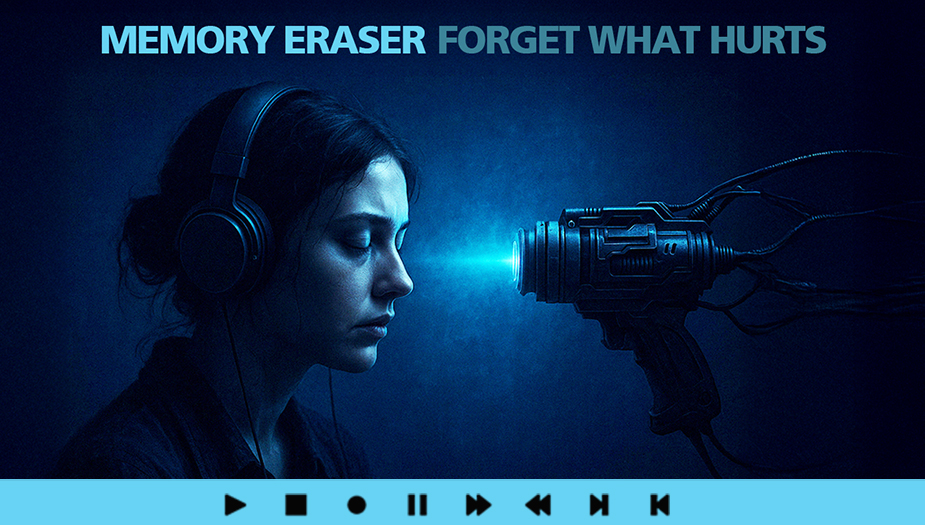
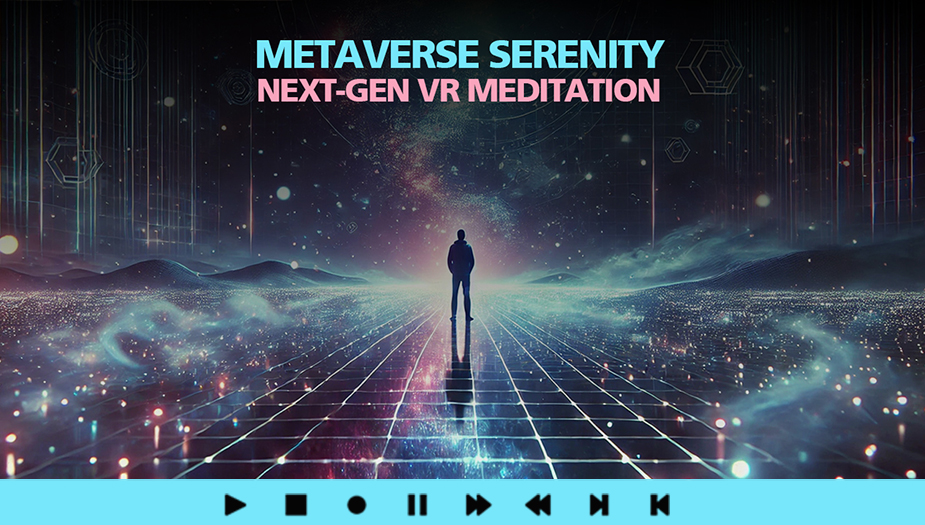
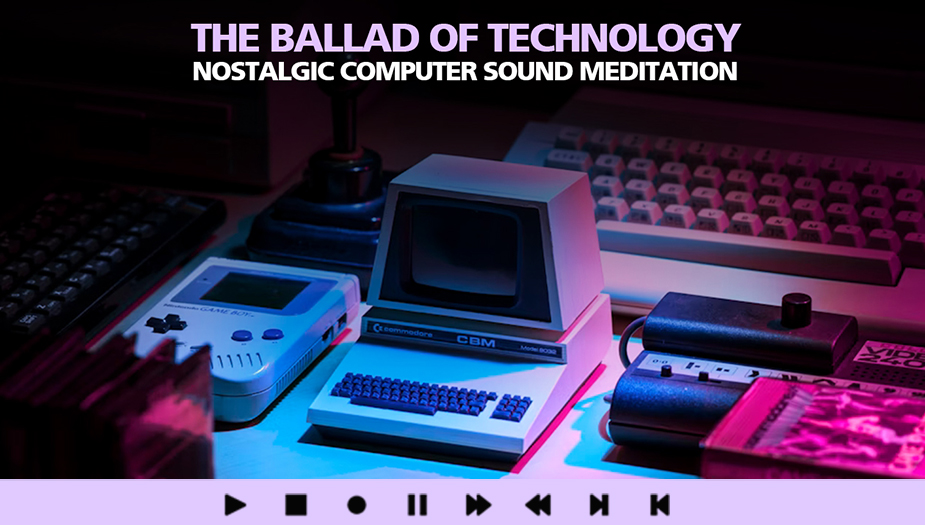
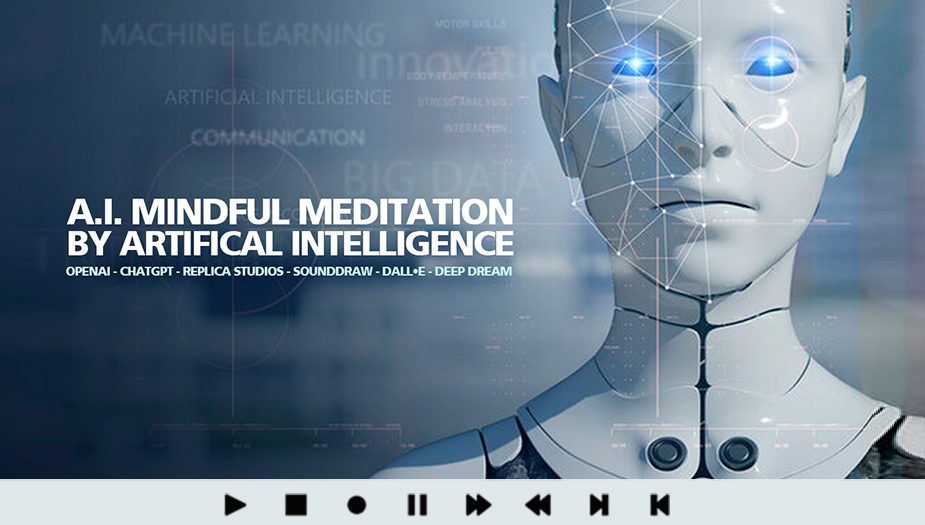
This theory feels like just another paranoid conspiracy. Automation and AI are natural progressions of tech, not some shadowy plan to erase humanity online.
This post articulates something I’ve felt for years like I’m talking into a void online. So much content feels sterile and repetitive, and it’s refreshing to see someone break this down.
The idea that bots now outnumber humans online is creepy, but maybe not far-fetched given how many times I’ve seen the same generic comments across different sites.
This really hit me hard. I remember when the internet felt alive, full of quirky, real people and unpredictable moments. Now it does feel robotic and cold, like something’s been lost.
I’m skeptical of some of the claims here, especially the idea that governments and corporations have completely taken over digital life with bots. But I do agree that something has changed. online spaces don’t feel as authentic as they used to.